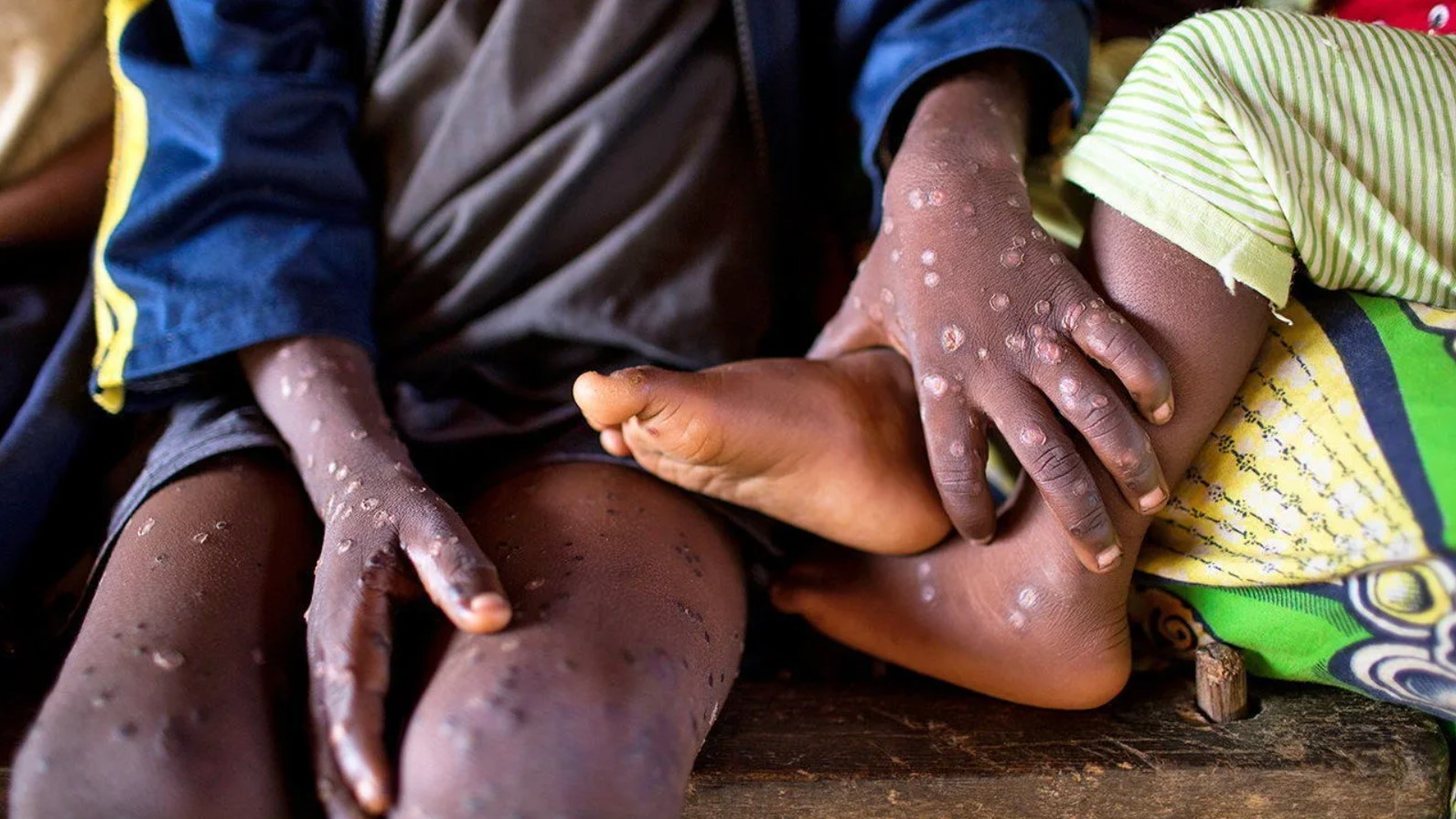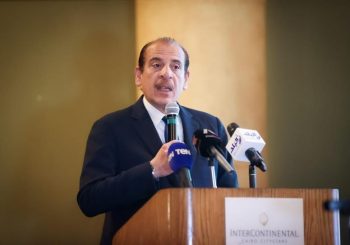No suspected or confirmed cases of monkeypox, a virus referred to as ‘mpox’ by the World Health Organization (WHO), have been detected in Egypt so far, according to the official spokesperson for the Ministry of Health, Hossam Abdel Ghaffar.
“We do not have any suspected or confirmed cases of monkeypox in Egypt,” he stated.
The ministry has been on high alert, closely monitoring all land, sea, and air entry points into the country through its preventive medicine department, Abdel Ghaffar emphasized in an interview on Sada El Balad TV channel on 16 August.
Mpox, caused by an Orthopoxvirus, was first detected in humans in 1970 in the Democratic Republic of the Congo.
It is a viral infection that spreads primarily through close contact between people, but it can also be transmitted from contaminated surfaces or objects. In areas where the virus is present in wild animals, people can contract it through direct contact with infected animals.
According to WHO, the disease is now considered endemic to Central and West Africa.
On August 15, WHO announced that the mpox outbreak in the Democratic Republic of the Congo, which reappeared in December of 2022, and continues to worsen.
This year, over 2,100 laboratory-confirmed cases and 13 deaths have been reported across 11 countries along with the Democratic Republic of the Congo, including Burundi, Cameroon, the Central African Republic, Congo, Côte d’Ivoire, Kenya, Liberia, Nigeria, Rwanda, South Africa, and Uganda. In comparison, 2023 saw 1,145 confirmed cases and seven deaths reported from 11 countries.
The WHO is actively collaborating with governments, communities, and partners to strengthen mpox control measures and curb the virus’s spread across Africa, according to WHO Regional Director for Africa, Matshidiso Moeti.
Preventative Measures
According to Abdel Ghaffar, the common symptoms of mpox include a rash, fever, sore throat, muscle aches, back pain, and swollen lymph nodes; the rash often appears on the palms of the hands and around the genital area.
“Anyone showing these symptoms should go to the nearest infectious disease hospital for a medical examination,” Abdel Ghaffar said.
Presidential Advisor for Health and Prevention Affairs, Mohamed Awad Tag El-Din, stated on 17 August that Egypt’s medical and scientific authorities have put preventive measures in place for travelers arriving from countries with reported cases of the disease.
Moreover, the Ministry of Health has updated the mpox guide and begun training doctors and health workers on methods for the early detection and diagnosis of the disease, Abdel Ghaffar stated.







Comments (0)